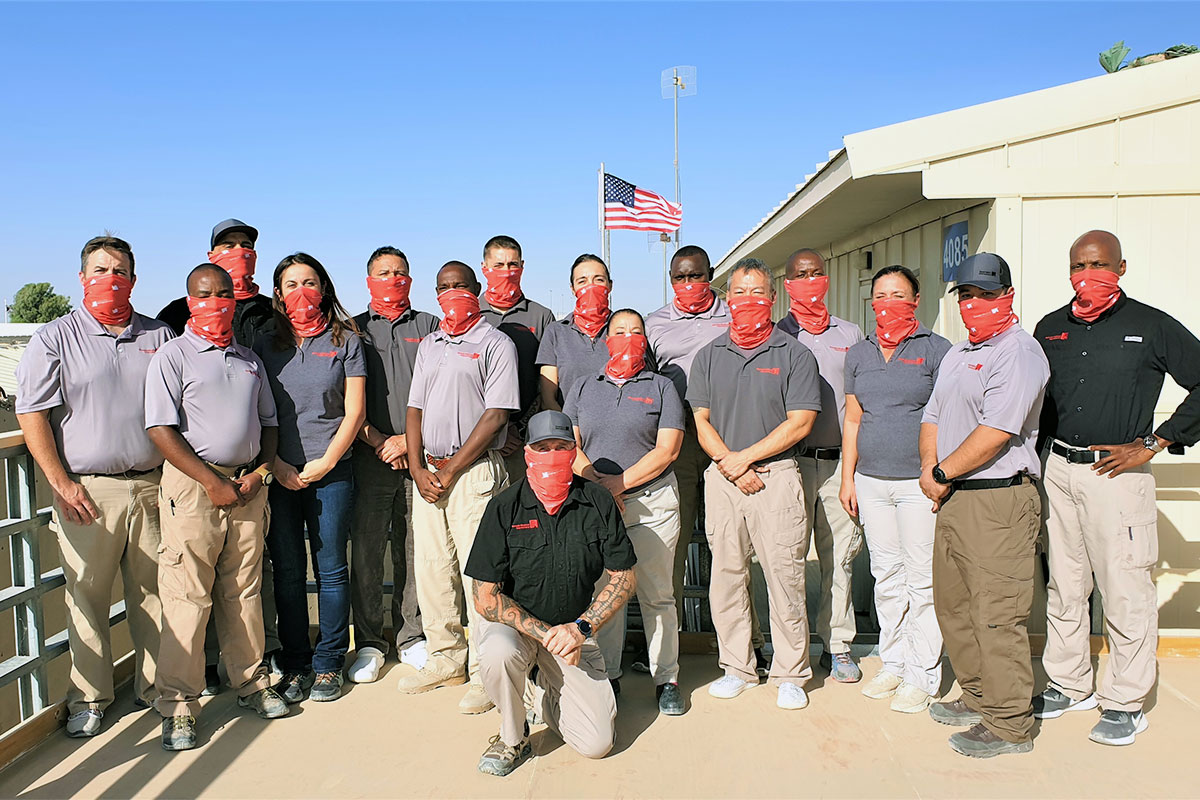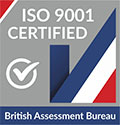Remote Medical International is teaming up with EarthCorps this January to offer a Wilderness First Responder course from January 5th-14th. Since 1993 EarthCorps has been bringing young people from around the world to the Pacific Northwest to learn the necessary skills to be leaders in environmental conservation and restoration. Just like Remote Medical International, EarthCorps works primarily in the Pacific Northwest, but the effects of what their students learn can be felt worldwide. I had the opportunity to sit down and talk with Erin Thomas and Eileen Lambert to learn more about EarthCorps and how the WFR course fits in with their mission to build a global community through local environmental service.
What are some examples of Earthcorps projects?
Earthcorps focuses on restoration and conservation projects mainly throughout King County and Pierce County. We work on projects however all throughout the Puget Sound. Our projects have included:
1. Â Â Â Â In 2005, EarthCorps began working with the City of Seattle Department of Parks and Recreation and the Green Seattle Partnership to accomplish their goal to restore 2,500 acres of urban forest by 2025.
2.    The Natural Areas Association of Klahanie (NAAK) Committee called on EarthCorps to help remove       English Ivy, Scotch Broom, Purple Loosestrife, and non-native blackberries.
3.      Hundreds of Earth Day volunteers rolled up their sleeves to work on 9 simultaneous habitat restoration projects along the Duwamish River.
4.      EarthCorps completed critical repairs to trails in the Alpine Lakes Wilderness and other parts of the Mt. Baker Snoqualmie National Forest.
5.      EarthCorps worked with the City of Bellevue to shore up an eroding creek and ravine – with minimal disturbance to the surrounding forest.
Why is it important for your crew leaders to be WFR certified?
EarthCorps develops leaders through hands on environmental service projects, and trainings. Â The WFR course gives an in-depth look at Risk Management, which is a critical piece of leadership development. Also, EarthCorps Crew Leaders are responsible for the health and well being of their six Corpsmembers in the front country and backcountry. It is critical that Crew Leaders have adequate training in emergency mitigation and response, including judgment, decision-making and first aid protocols.
In what sorts of environments do your volunteers find themselves after they finish your program?
Our Earthcorps alumni end up all over the world. Here are some examples:
Juan Perez: Panama City, Panama
Juan spent 12 months at EarthCorps before returning to Panama to take a job with the U.S. Peace Corps. He is now the Programming and Training Specialist for Environmental Health programs. Juan says his international leadership experience from EarthCorps now helps him mentor U.S. Peace Corps Volunteers serving in Panama.
Michael Singoro: Yonkers, NY
Michael Singoro is expanding on his 2009 ECI corpsmember experience as an Extern with Groundwork Hudson Valley in New York. Michael continues to learn new skills in environmental restoration, community building and leadership for the greater benefit of his home community in Kenya.
Beth O’Neil: Artsvaberd, Armenia
Beth spent two years at EarthCorps with the later year focused on outreach and environmental education. She has since joined the U.S. Peace Corps and is using her environmental education skills to develop new programs in Armenia. She says, “My role as a volunteer is to work at the school and teach environmental education. There are about 100 students and 15 teachers. I am setting up after school clubs. My goal is to do an English club, an environmental action club and a girls yoga/walking club.”
Rain or shine, EarthCorps members are out working, just like all of us at RMIWhen asked about his experience taking Remote Medical International’s WFR course, Renan Fellerios, a 2010 EarthCorps Crew Leader said:
“My experience with RMI, was great. They have really good instructors, materials and real scenarios. The course atmosphere was really good too; it kept the group dynamic and enthusiastic. The content of the course is really broad, but they also get in to details. All the instructors currently are first responders, what makes all the difference for the students’ perspective.”
Questions about our wilderness medical trainings? Interested in joining us for the WFR course in January? Call 1-800-597-4911 or visit us online at www.remotemedical.com.


